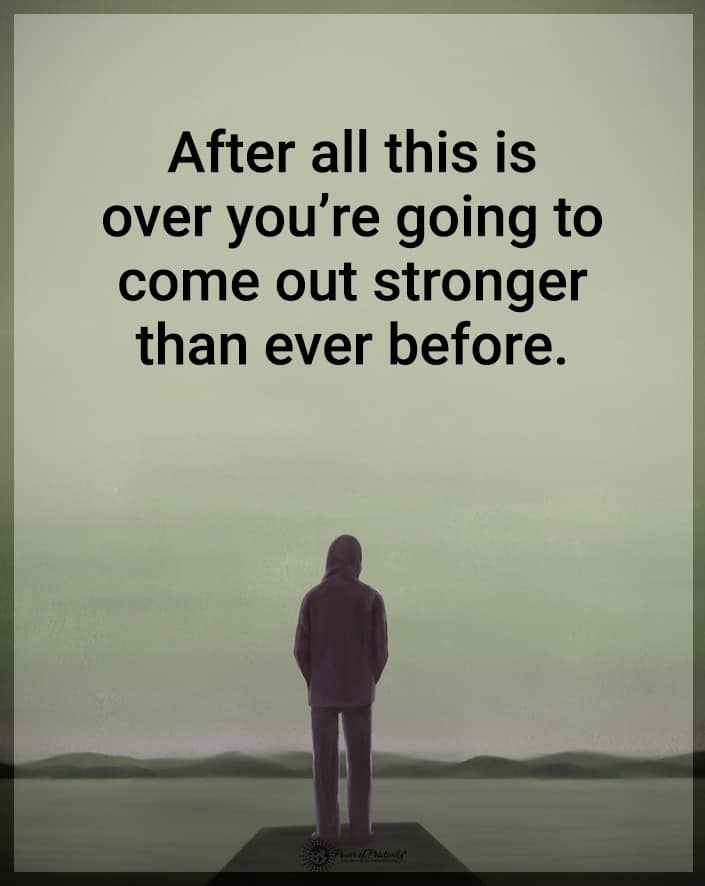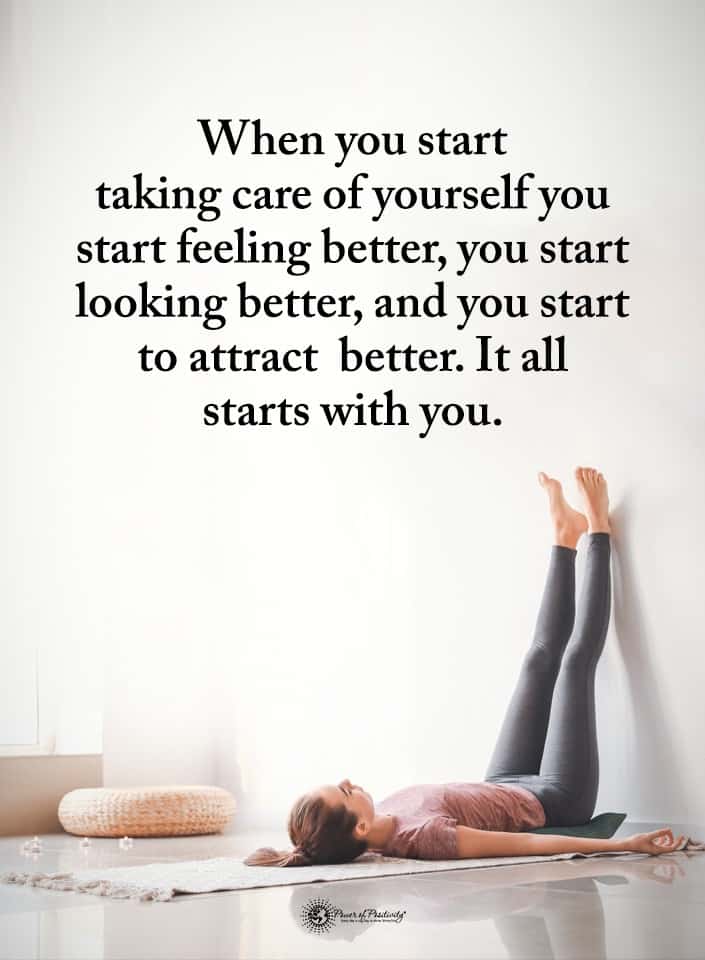Do you struggle with recovering after breakups? Are you the one who hurts the most and doesn’t know how to cope with the situation? Do you feel like you don’t know what to do with yourself after a breakup?
Breakups are hard, no matter the context. Whether you are initiating the split or receiving, you have to go through a healing process. Unfortunately, people have a hard time understanding how to deal with these situations healthily. And that’s understandable. A breakup takes such an emotional toll on people that it’s absurd to expect them to be entirely rational. Still, some things are clear hurdles in your healing process. So, what are the main mistakes made when addressing breakups, and how can you avoid them?
How Does A Healthy Breakup Look?
Dealing with a breakup looks different for everyone. It’s such a personal event that there’s no golden rule telling you how you should proceed. Some people heal quickly, some people recover in a few months, maybe more. Some people grow after a breakup, others not so much.

But most people experience five main stages after a breakup: denial, anger, bargaining, depression, and acceptance. These feelings are normal, so don’t beat yourself up if you’re in disbelief immediately after the separation.
The main thing you want to do to get through those stages is to focus on yourself. After a long time being with someone, you have to readjust to being alone. Learn who you are without the person you were with. Everyone can have a healthy breakup if they work a little to get it. The important thing is how you look at the situation.
Any therapist will tell you that a breakup isn’t an ending, rather a new beginning. That sounds cheesy, but it’s true. When you break up with someone, you get opportunities to learn more about yourself and discover a new love. Just because you loved someone with your whole heart doesn’t mean you can’t love again. On average, people have seven to eight severe relationships in their life. So, if you just broke up with your first partner, don’t despair. You will find someone else, and you can even thrive alone.
One way to get over a breakup is to get emotional support from the people closest to you. Talk about your feelings and let people be there for you. Take time for personal development. Take care of your mental and physical health. Try meditation, exercise, even counseling if that helps. But what are the common mistakes that hinder their healing?
Four Things That Stop You From Healing After a Breakup
Don’t let these roadblocks stand in your way.
1. You Aren’t Establishing Boundaries
A vital part of dealing with a breakup is establishing what your needs are. Some people can go straight to being friends after a breakup. Others need to take some time away. For some, seeing the other person might never be an option again.
But most people don’t discuss healthy boundaries. So, while going through the process, they might try to reach out to the other person. This might be unhealthy for both of them. While you go through the denial and bargaining phases, you might desperately try to convince the other person to take you back.
Not only are you not respecting their needs that way, but you are doing yourself a disservice. Or this might happen the other way around. You wouldn’t want to wake up with a dozen missed calls from your ex when you’re trying to move on.
What you need to do is set strict boundaries. When you talk about breaking up, also discuss ground rules. Don’t text and call if you feel like you can’t. Don’t go out with the same groups if you need distance. Discuss what to do if you run into each other. Do you ignore each other or talk? Figure what if you need a lot of space, or maybe just a little. No matter what your needs are, let the other person know so that they can respect them. And do the same for them.
Verbalize what you need and what makes you the most comfortable. Otherwise, your ex might cross some lines unintentionally. And that might be a setback for you. If you know talking to them will make you suffer, tell them that. They might call you to ask something innocent and reopen a wound in the process. And you might reopen some of their wounds.
2. You Get Back Out There Too Soon
After a breakup, especially if it was a long relationship, people find themselves in unknown territory. They are alone again, and they have to readjust to life that way. Because learning to be solitary again can be tricky, people want to fill that void and jump back into the dating scene as quickly as possible. But that can be pretty toxic.
Going on a date with the first person you meet is a superficial way of addressing the problem. In most cases, it doesn’t even address it. Instead, it becomes a distraction from your true feelings. You fill your time and mind with new emotions, so you don’t have to deal with your wounds. But that disallows you from processing what you’ve been through.
If you shove your pain in the back of your mind, it will build up and eventually overwhelm you. The longer you wait, the harder it will be to heal. If you don’t give yourself time to process the breakup, you won’t learn anything from it. You won’t have time to reflect on what went well, what mistakes you made, and how you can become better. A breakup means losing a part of your life, so you need to mourn it, just like any other loss.
If you jump into the first relationship you can get, you risk becoming dependent on that person. To have a healthy relationship, you need to be a healthy individual. You need to be able to thrive alone. Don’t use another person as an anchor in these times. Chances are, you will develop an unhealthy attachment towards them. Even if you don’t become toxic, a rebound relationship will only help with the superficial wounds. You are the one who needs to deal with the deep ones. So don’t use a new relationship as an excuse to avoid your emotions.
Don’t jump on all dating apps, either. Maybe you will feel some gratification if people like your profile or swipe right. But you don’t want your healing to be dependent on how attractive strangers think you are. Instead, take a couple of months for yourself. Learn to love yourself before giving relationships a new chance.

3. You Compare Your Experience
When people go through something traumatic, they tend to mimic what other people did in similar experiences. If they know a couple that stayed friends after a breakup, they might think that’s what they should do too. But relationships are not “one size fits all.” You need to stop comparing and start asking yourself what’s best for you.
Some people blame themselves if they process things differently. If they don’t heal after a couple of months, they might think there’s something wrong with them: “It’s already been a year; I should be fine.” But healing looks different for everyone. If you keep comparing yourself to other people, you will adopt behaviors that are not suited to your needs.
You might keep communicating with your ex because “that’s normal” and hinder your healing process. Or perhaps you might shove your feelings deep inside because “you shouldn’t show weakness,” thus never dealing with them appropriately. You have to take “should” out of your vocabulary. No one has the right to determine how you “should” feel. If you’re not over it after a year, that’s fine. It just means the emotional toll you took was more significant than what others experienced. Don’t downplay your experiences.
No matter what you’ve been through, you have the right to be hurt. And the more you let yourself feel those emotions, the better you can cope with them. As Professor Grace Larson’s studies found, when people acknowledge their feelings, they feel less depressed. And they are less likely to be hung up on the breakup.
4. You Make Your Closure Dependent On Your Ex
After a breakup, many people think that the only way to get closure it’s if their ex gives it to them. But your ability to let go of the past shouldn’t be determined by how others act. You should be in control of getting your closure.
If you depend on your ex to get closure, you might not get it at all. They don’t have to help you move on, and they don’t have to explain themselves a million times because you refuse to process. And you shouldn’t expect them to. Instead, dealing with a breakup is a lonely affair. And you should be aware of that.
You are the only person who can make sure your needs are fulfilled. If you want closure, you need to accept what happened entirely. If you’re holding on to the past, that’s something only you can fix. There’s nothing your ex can do or say to make you immediately move on. Getting closure is a process in which you grieve the past, and you get ready to face the future. Only you can plan how you want your future to look like. Be proactive and rely on your strengths.
That doesn’t mean dealing with the breakup alone. Have friends and family support you. But be aware that you have to want to get better. No one is going to face your emotions for you.

Final Thoughts On Things That Stop You From Healing After a Breakup
Getting over a breakup is one of the most challenging and emotionally draining tasks you have to deal with. It’s such a personal matter that many people don’t even know how to start healing. Even if you follow all the relationship advice in the world, you might still stay hurt and develop toxic behaviors.
It would be best if you made your own rules when it comes to breakups. But it would help if you also avoid some common mistakes people make after a breakup. Don’t forget to have clear boundaries you both need to respect. Don’t jump back into the dating scene the day after the split. Avoid comparing your experience to other people’s breakups. And lastly, find your closure.
The post 4 Things That Stop You From Healing After a Breakup appeared first on Power of Positivity: Positive Thinking & Attitude.


